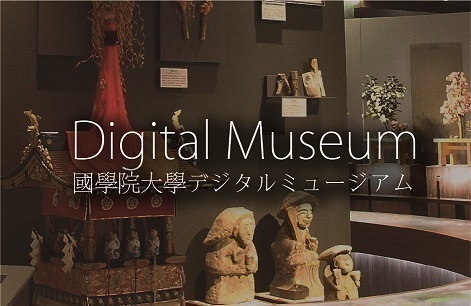- トップ
- Encyclopedia of Shinto
- Ujigami
Encyclopedia of Shinto
| Main Menu: | |
| Links: |
詳細表示 (Complete Article)
| カテゴリー1: | 2. Kami (Deities) |
|---|---|
| カテゴリー2: | Kami in Folk Religion |
| Title | Ujigami |
| Text | "Clan kami," in ancient Japanese society, an ancestral kami or other tutelary worshiped by individuals sharing the same clan (uji) name. As a result of historical changes in the composition of groups worshiping such kami, however, ujigami today are most frequently identified with local chthonic tutelaries (including both chinjugami and ubusunagami). As medieval warrior clans strengthened their presence on the local manors known as shōen, they gradually adopted local indigenous tutelaries as their own ujigami, and the people worshiping those ujigami likewise evolved from consanguineous familial organizations to groups linked by the mere sharing of residence in the same geographical area. This process thus resulted in the merging of clan kami (ujigami) and local geographical tutelaries (ubusunagami). Around the same time, shrines to chinjugami-originally enshrined as the tutelaries of specific buildings or pieces of land-came to be formally dedicated (kanjō) within noble-owned manors as well, leading to a merging of ujigami and chinjugami. Today, ujigami cults can be broadly classified into three types. The first is the "village ujigami"; in this type, each local resident is considered a "clan member" (ujiko) and participates in worshiping the kami. The second is called variously yashiki-ujigami or ie-ujigami, a type of kami enshrined in a small shrine (hokora) within the grounds of individual family dwellings. The final type is referred to as an ikke-ujigami or maki-ujigami, and occupies an intermediate position between the other two types, since it is worshiped by all members of an extended family (ikke) or local neighborhood grouping (maki). -Iwai Hiroshi |




